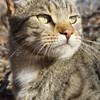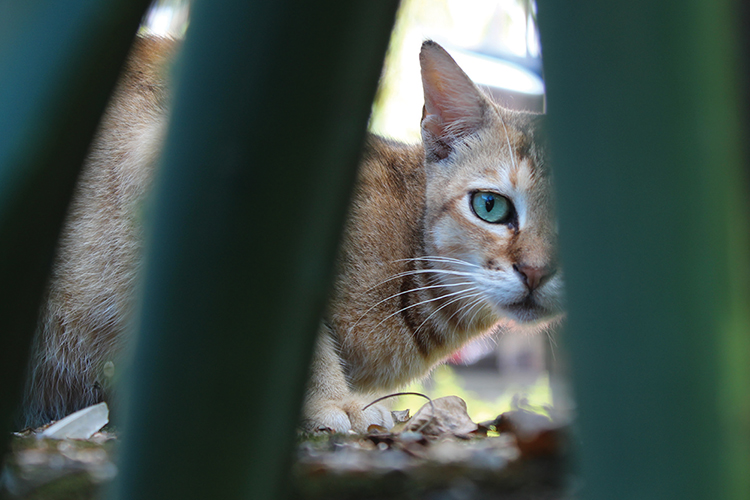
The conundrum of cats in Australia
Monday, 16 March 2020Beloved companion animal and decimator of native wildlife – that is Australia’s cat conundrum. Australia and Antarctica are the only continents without native felids. Our wildlife has evolved over millennia without defences against these supreme hunters. Tida Nou from The University of Queensland talks about a new Threatened Species Recovery Hub project which is synthesising the latest research on cat impacts and management, finding out how over 500 local governments across Australia are managing cats, and engaging with a broad range of groups to better inform Australia’s national cat management conversation.
The Geelong Cats. The Cat Empire. Hello Kitty. Garfield. “Good luck” cat figurines (“Maneki Neko”). Fat Cat and Friends. Cat cuddle cafes. Top Cat. Cat memes. Felix the cat. The list goes on.
Against this setting of revered cat icons and lovable cat characters of popular culture and our everyday lives are more than 6 million pet and feral cats in Australia that are killing a minimum of 6 million (mostly native) animals every day. Not a single one of the cat cartoon characters or icons is depicted as a serial killer, yet that is what an outdoor cat is to many of our unique and precious Australian animals. Outdoor cats, whether they are pampered pets or rangy ferals, have a devastating impact on native wildlife. Australian animals – our bandicoots, quolls, numbats, ground parrots and blue-tongued lizards are defenceless against these highly efficient hunters.
In Australia, there is considerable community interest about cats, and a broad range of interest groups with divergent perspectives on cat welfare, and the environmental and health impacts of cats. Australia is now also a world leader in research on the impacts and management of cats, as demonstratedthrough an extensive body of knowledge and peer-reviewed research.
In August 2019, the Threatened Species Recovery Hub began a project to collate and disseminate this research to key stakeholder groups. For example, a component of the project is reviewing the cat management actions, information needs and current management approach of nearly 540 local governments in Australia. The project aims to gain a more comprehensive and up-to-date understanding of the depth and breadth of local government action on cats, as well as uncovering any knowledge gaps that constrain their ability to manage cats. We will use the results to identify research priorities, and to inform the development of tailored communication products that will support local government to build awareness about cat impacts and to consider management options for reducing those impacts.
In 2020, we aim to connect with a broader section of the public by running an online national art/photography competition and exhibition. The event aims to encourage people to think about cat impacts, by asking participants to submit a photograph oran art piece of a native species that cats are known to prey on.
This hub project will enhance the national conversation about the impacts and management of cats, and the evaluation of cat management. We aim to engage with and learn from a range of sectors, produce accessible information, and distribute it proactively and strategically across the community. By engaging with different stakeholder groups that are on the fringe of the traditional conservation sector, we hope that the project will promote a broad-based and considered discussion about cat impacts and management, and thus avoid the extreme polarisation of views that causes a stalemate in policy and management
This Threatened Species Recovery Hub project is a collaboration between The University of Queensland, Charles Darwin University, and RMIT University, who are working with a wide range of government agencies, local councils, non-government conservation groups and animal welfare groups.
For further information
Tida Nou - t.nou@uq.edu.au
Top image: Dhanya Pavithran CC BY SA 4.0 Wikimedia Commons
-

Combating a conservation catastrophe: Understanding and managing cat impacts on wildlife
Tuesday, 06 October 2020 -

Cat-borne diseases and their impacts on human health
Monday, 19 October 2020 -

Cat-borne diseases and their impacts on agriculture and livestock in Australia
Monday, 07 December 2020 -

li-Anthawirriyarra Sea Rangers managing cats on West Island
Thursday, 16 September 2021 -

The impact of roaming pet cats on Australian wildlife
Monday, 27 July 2020 -

Caring for Country: Managing cats
Tuesday, 09 November 2021
-
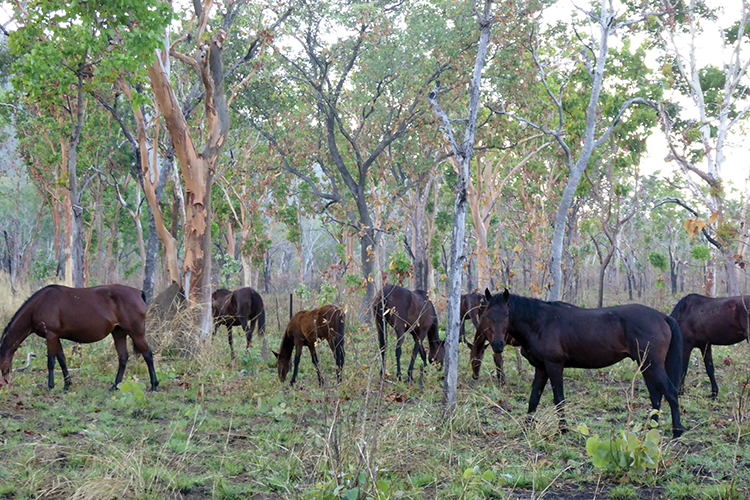
Small mammal declines in the Top End - Causes and solutions
Monday, 31 August 2020 -
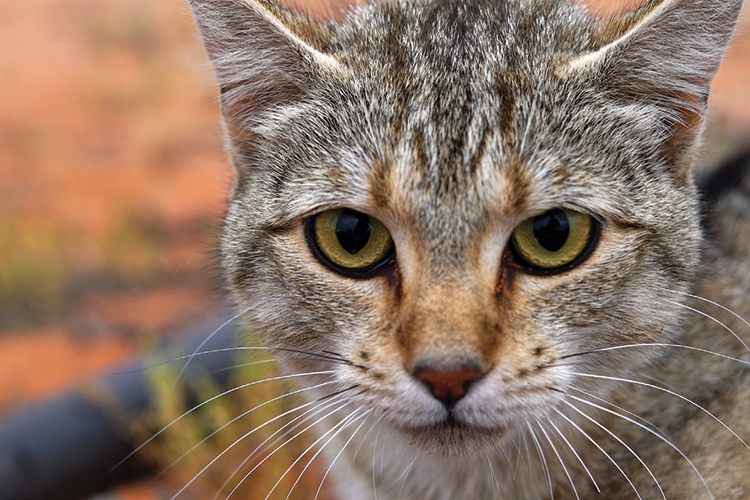
Addressing our wildlife cat-astrophe
Monday, 16 March 2020 -
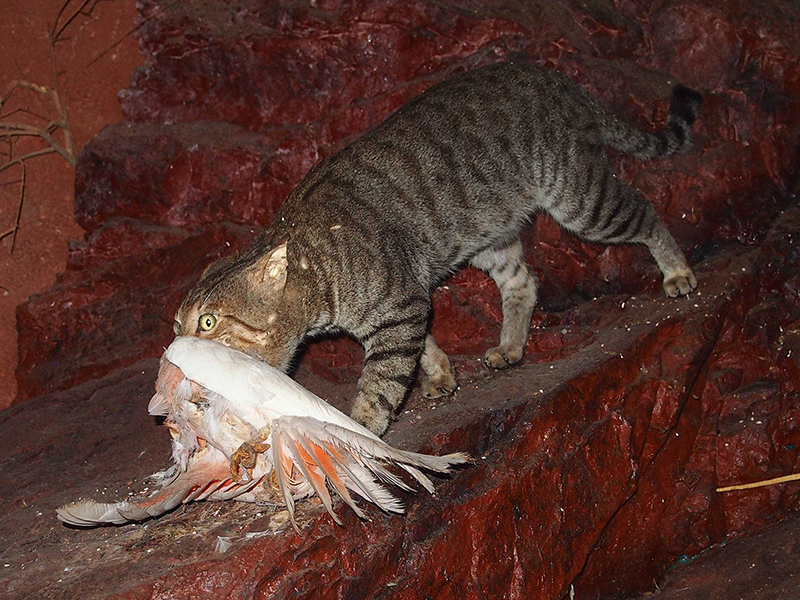
Cats are killing millions of Australia’s birds
Sunday, 22 October 2017 -
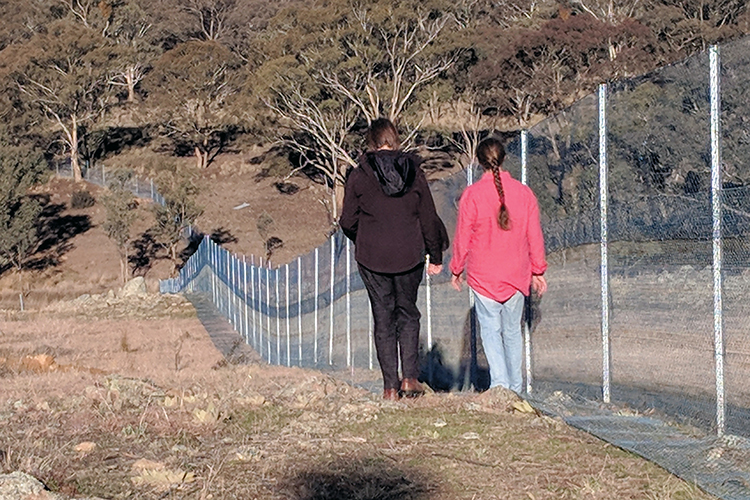
Feral cats: An Australian Government perspective
Monday, 16 March 2020 -
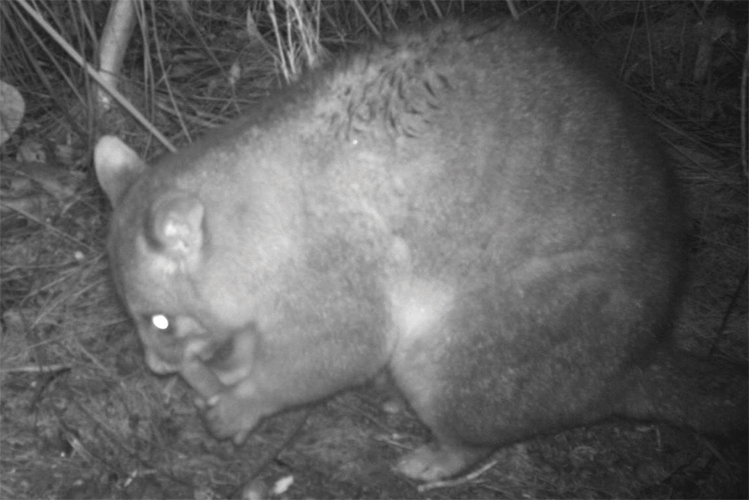
Testing cat baiting on Kangaroo Island
Monday, 16 March 2020 -
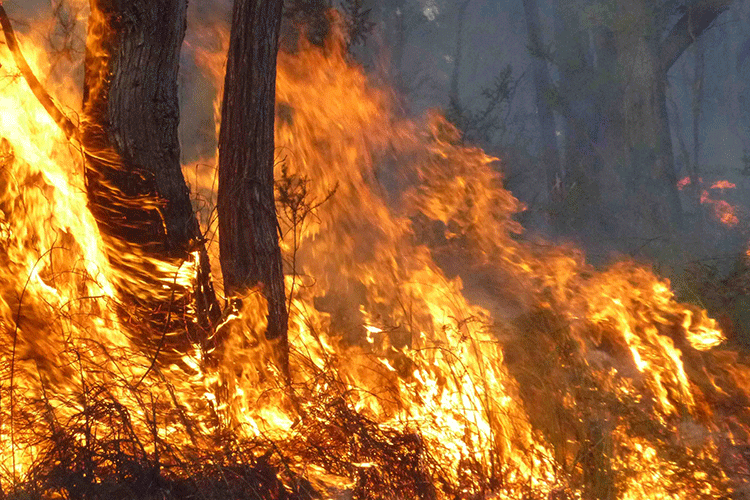
The fire, the fox and the feral cat
Tuesday, 06 June 2017 -
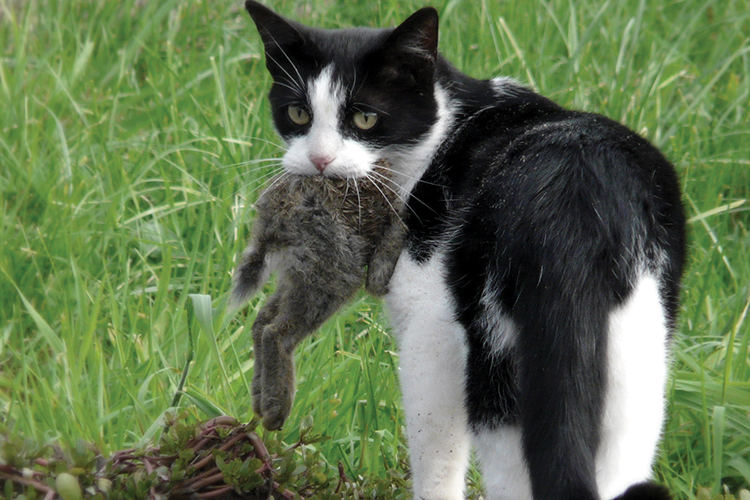
The mathematics of cats
Monday, 16 March 2020 -
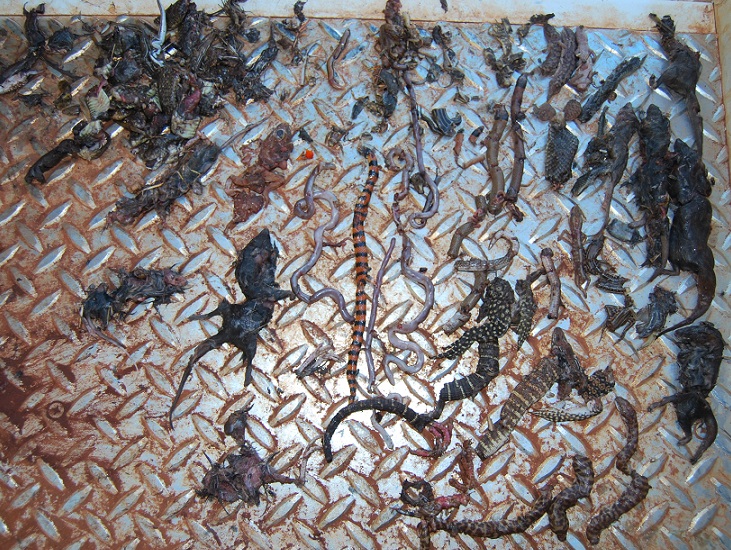
The unnoticed toll of cats on reptiles
Monday, 25 June 2018 -
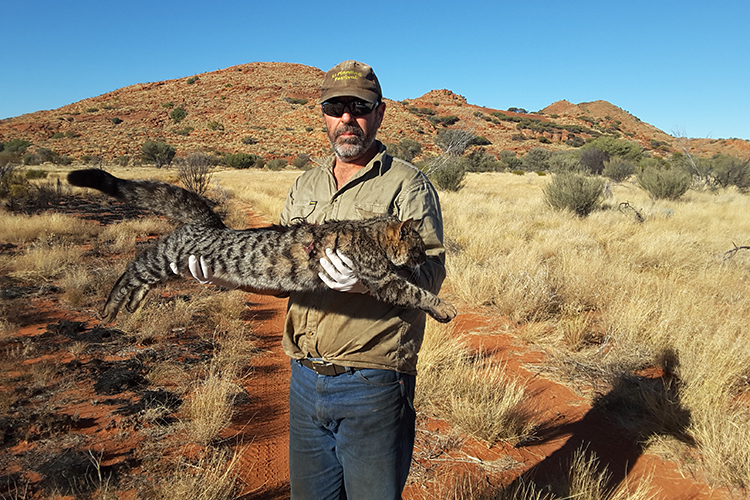
Tracking cats to help the night parrot
Wednesday, 05 June 2019 -
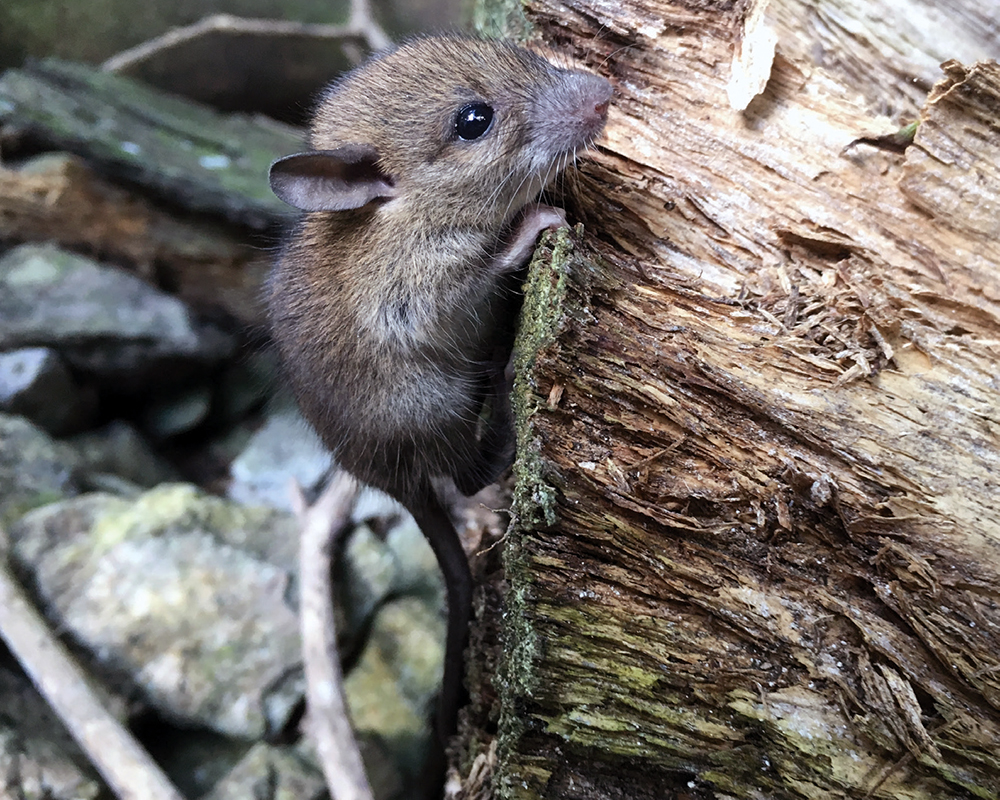
When the cat’s away will the rats play?
Monday, 16 March 2020 -
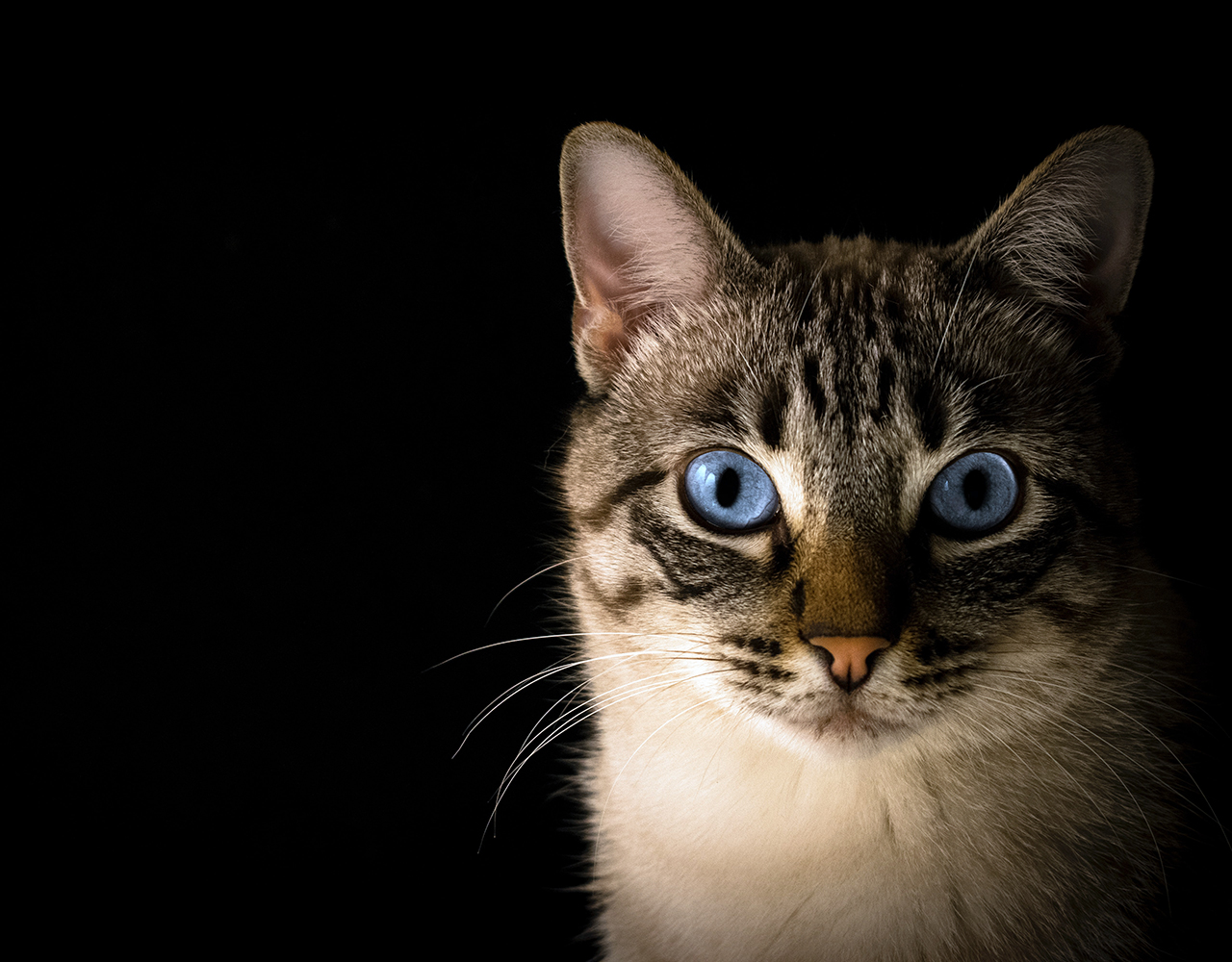
One cat, one year, 110 native animals: Lock up your pet, it’s a killing machine
Wednesday, 28 October 2020 -
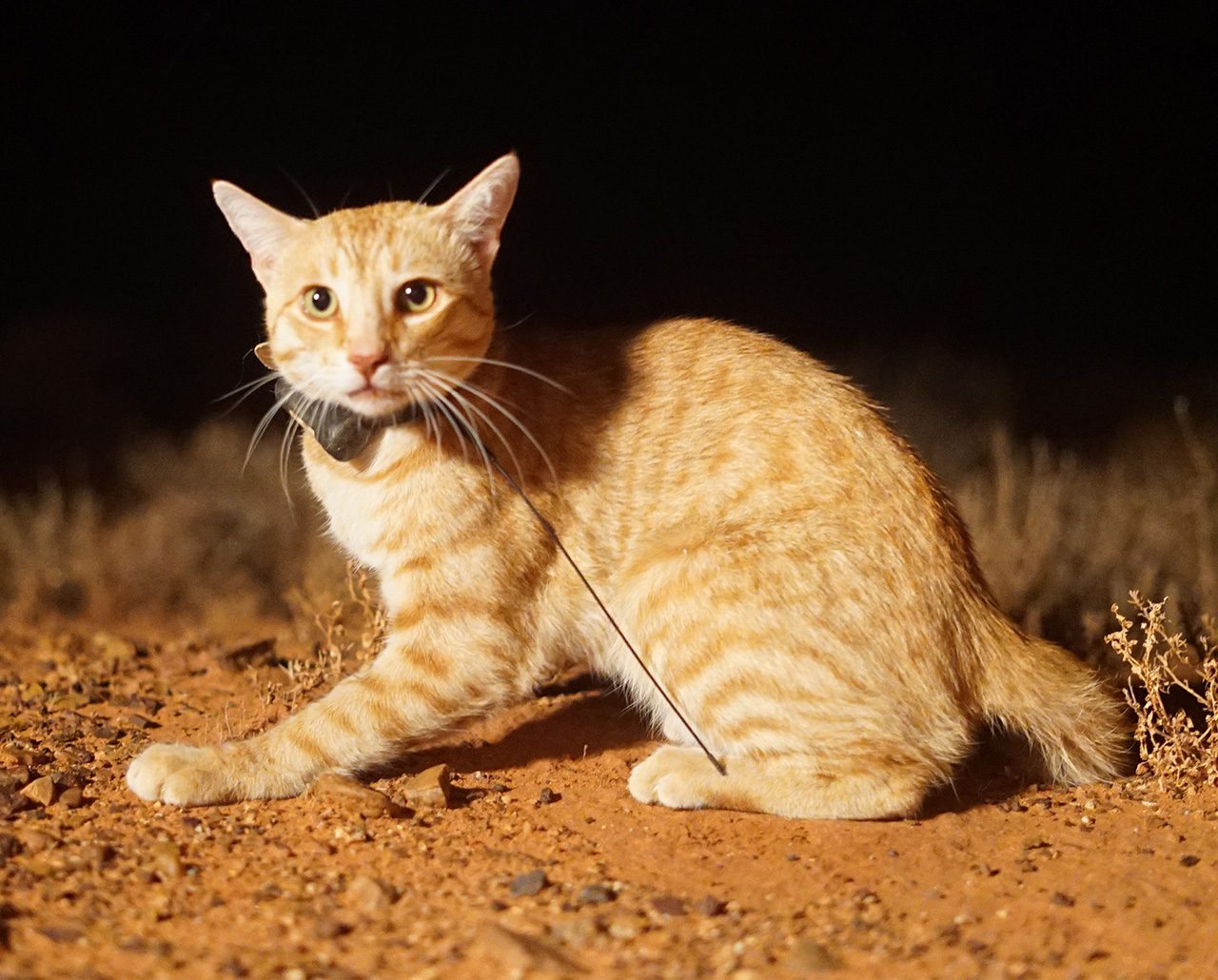
Cat science finalist for Eureka Prize
Monday, 28 September 2020 -
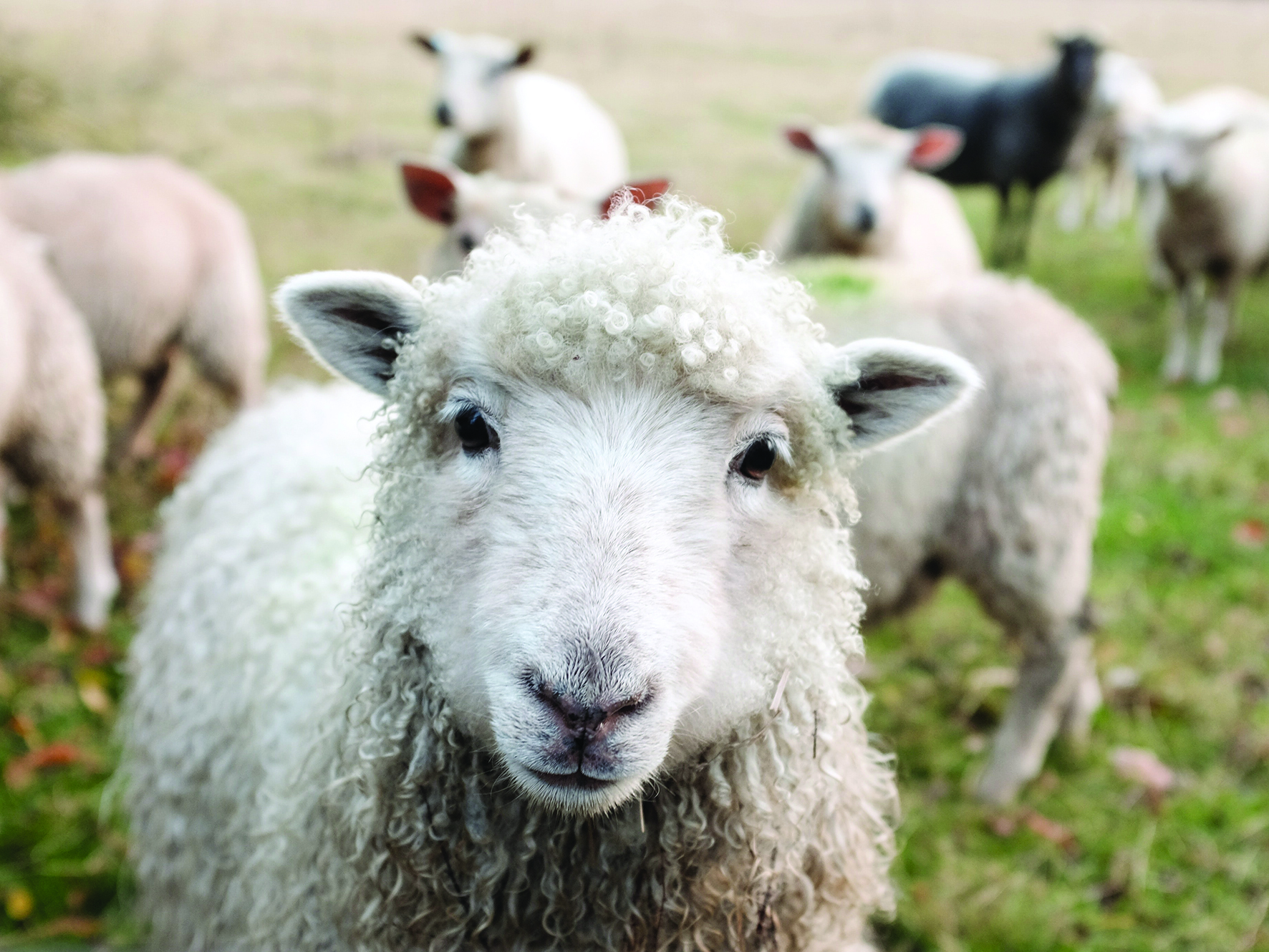
Cats have $12 million impact on agriculture in Australia
Monday, 07 December 2020 -
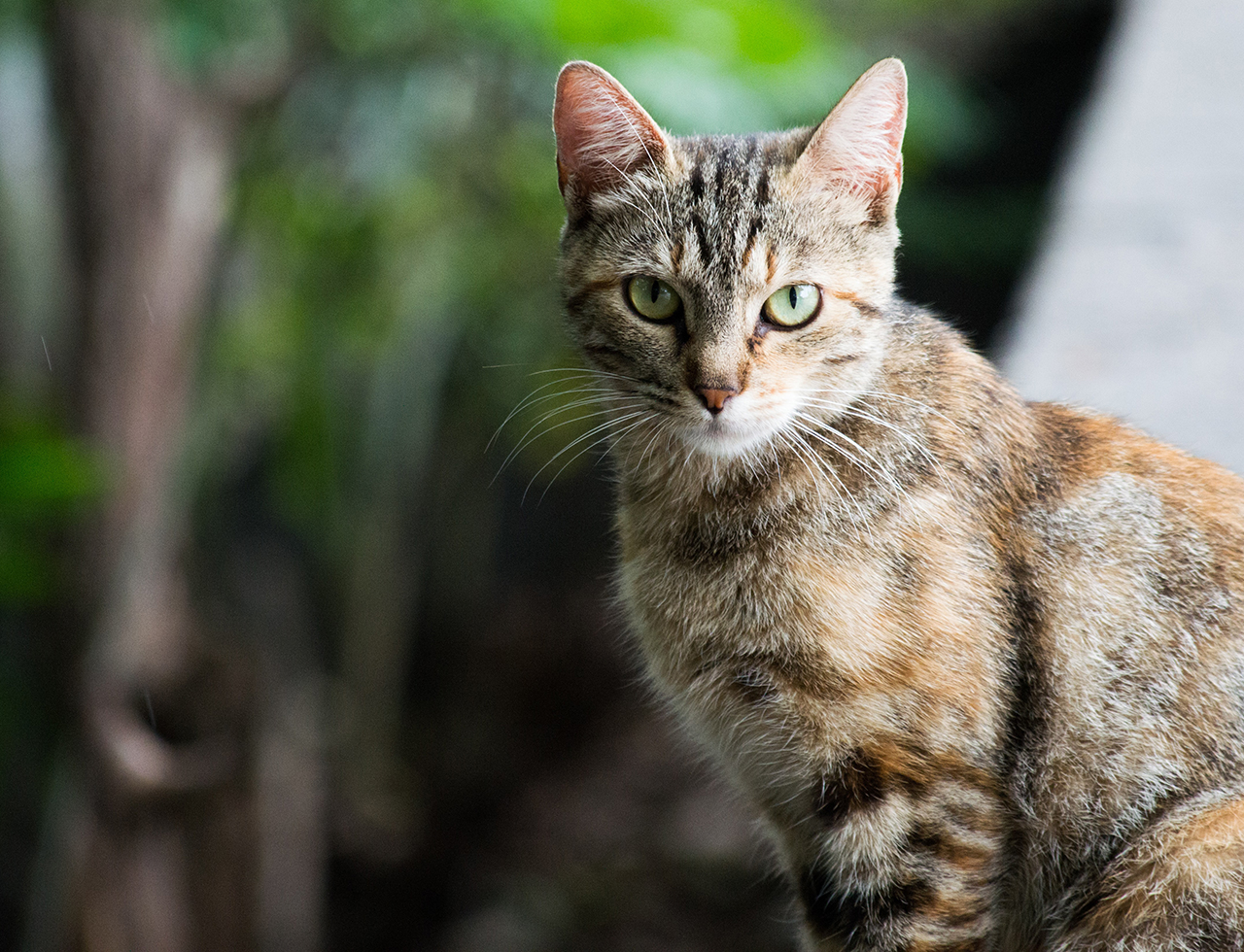
Cat diseases have $6 billion impact on human health in Australia
Thursday, 15 October 2020
